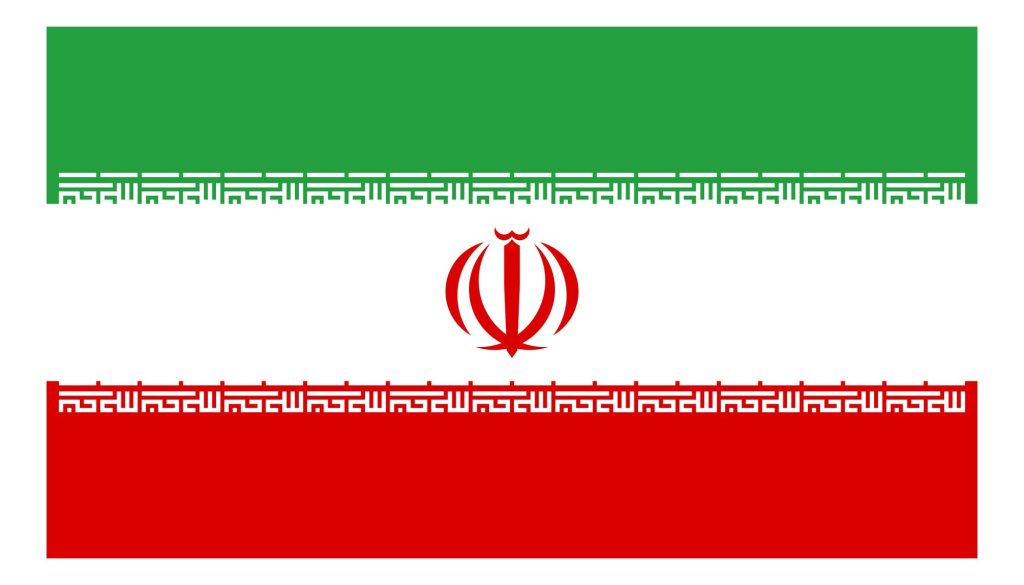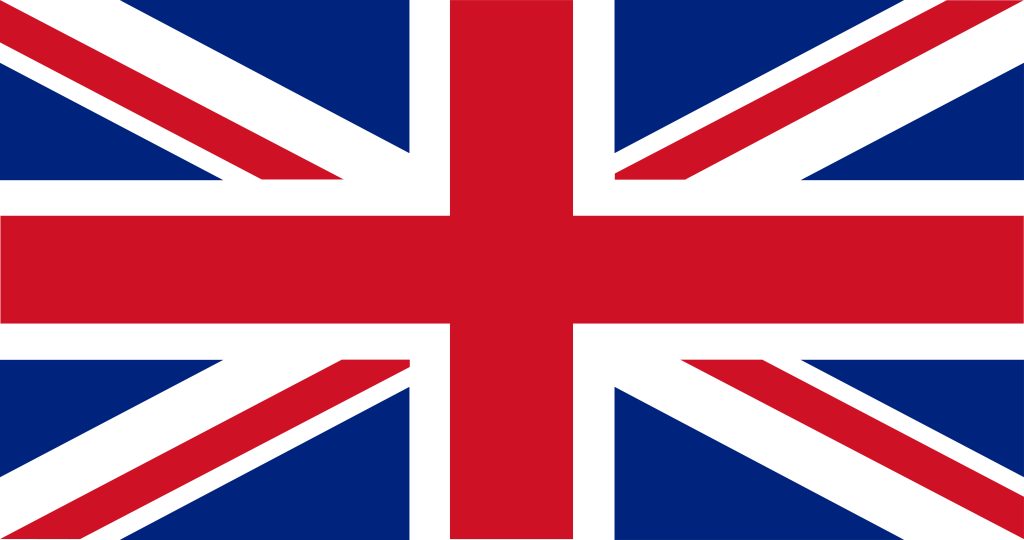Carbon monoxide gas
CO gas is carbon monoxide, a colorless, odorless, tasteless gas that is produced by the incomplete combustion of carbon-containing fuels. It is a highly toxic gas that can cause serious health problems, including death.
Sepher gas kavian is a producer and importer of high quality laboratory gases and gas mixtures (calibration gases) and all related equipment for various industries. Sepher gas kavian is active in supplying pure laboratory gases and mixed gases in percent, PPM, PPB such as carbon monoxide gas.
Carbon monoxide is available in 99.9mol%, 99.95mol%, 99.99mol%, and 99.995mol grades.
99.9 mol% carbon monoxide gas is available in 5 and 10 liter cylinders with a pressure of 70 bar and in a 50 liter cylinder with a pressure of 130 bar in carbon steel cylinders.
99.95 mol% carbon monoxide gas is available in 5 and 10 liter cylinders with a pressure of 70 bar and in a 50 liter cylinder with a pressure of 130 bar in carbon steel cylinders.
99.99 mol% carbon monoxide gas is available in 5 and 10 liter cylinders with a pressure of 70 bar and in a 50 liter cylinder with a pressure of 130 bar in carbon steel cylinders.
99.995 mol% carbon monoxide gas is available in 5 and 10 liter cylinders with 70 bar pressure and in 50 liter cylinder with 130 bar pressure in carbon steel cylinders.
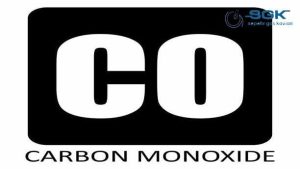
Resources
The main sources of this gas are:
Fuel-burning appliances and devices: This includes things like furnaces, boilers, gas stoves, ovens, water heaters, fireplaces, and generators.
Motor vehicles: The exhaust from motor vehicles contains carbon monoxide.
Wood-burning appliances: This includes things like wood stoves, fireplaces, and fire pits.
Open fires: Open fires, such as those used for cooking or heating, can also produce CO.
Industrial processes: Some industrial processes, such as smelting and welding, can produce CO.
this gas can also be found in the atmosphere, but at much lower levels than those produced by human activities. Natural sources of this gas include:
Volcanoes: Volcanoes emit this gas as part of their emissions.
Forest fires: Forest fires produce this gas as they burn.
Decomposing vegetation: Decomposing vegetation can produce carbon monoxide.
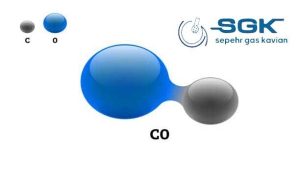
Technical specification
| Chemical formula | CO |
| Molecular weight | 28.01 g/mol |
| Boiling point | -191.5 °C (-313 °F) |
| Melting point | -204.6 °C (-336.3 °F) |
| Density | 1.25 g/L (at STP) |
| Color and odor | Colorless and Odorless |
| Flammability | Flammable |
| Explosive limits | 12.5%-75% |
| Specific gravity | 0.967 (air = 1) |
| Solubility in water |
0.028 g/L (at 20 °C) |
Application
Carbon monoxide has a variety of industrial and commercial applications, including:
Metalworking: This gas is used as a reducing agent in the production of steel and other metals. It is also used in the purification of nickel.
Chemical synthesis: carbon monoxide is used in the production of a variety of chemicals, including methanol, acetic acid, and hydro formylation products.
Fuel gas: This gas is a component of producer gas and water gas, which are used as fuel gases in industrial applications.
Medical research: This gas is used in medical research to study the effects of oxygen deprivation on the body. It is also used in the treatment of some types of cancer.
Other applications: carbon monoxide is used in the production of plastics, rubber, and nylon. It is also used in the manufacture of catalysts and semiconductors.
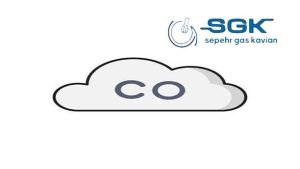
Danger
Here are some of the dangers of carbon monoxide:
Headache: This is one of the most common symptoms of this gas poisoning. The headache may be mild at first, but it can worsen over time.
Dizziness: this gas poisoning can also cause dizziness. This can make it difficult to walk or stand up straight.
Nausea and vomiting: CO poisoning can also cause nausea and vomiting. This can be a sign that the body is not getting enough oxygen.
Confusion: CO poisoning can also cause confusion. This can make it difficult to think clearly or to make decisions.
Loss of consciousness: In severe cases, this gas poisoning can cause loss of consciousness. This is a medical emergency and requires immediate medical attention.
Death: In the most severe cases, this gas poisoning can be fatal.
If you think you or someone you know may have been exposed to this gas, it is important to seek medical attention immediately. There is no specific antidote for CO poisoning, but treatment with oxygen can help to reduce the severity of the symptoms.
